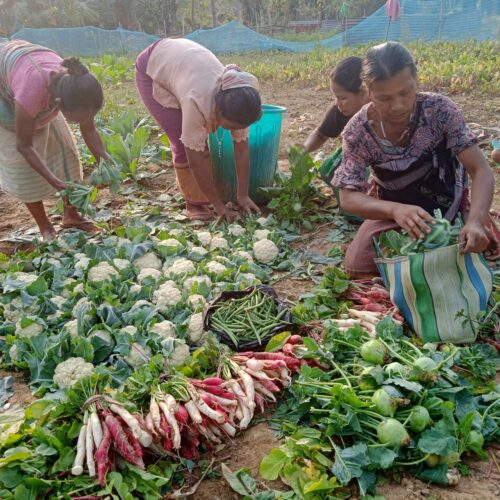PhD researcher Juliet Ainomugisha is an agronomist and plant pathologist, undertaking her PhD programme at the Catholic University of the Sacred Heart, Milan, Italy. Juliet is specialising in food security, malnutrition, and rural development and is currently a visiting staff member at the Department of International Development at the University of Reading. In this article, she sheds light on her research and its achievements so far.
My PhD research is part of the “Production of appropriate food: sufficient, safe and sustainable (C3S)” project by the Catholic University of Italy, funded by the Romeo & Enrica Invernizzi Foundation. Food security is directly linked to malnutrition and poverty. Therefore, achieving the food security dimensions (availability, accessibility, stability, and utilisation) in rural areas of low-income countries contributes to the reduction of poverty, hunger, and malnutrition. The project aims to improve food security and malnutrition in rural areas of India and the Democratic Republic of the Congo (DRC). Currently, the majority of the work is being carried out in the district of West Garo Hills, Meghalaya, India.
My PhD research involves designing strategies aligned to the objective of the project, which are then implemented in the rural communities associated with the project. My research has involved working on issues regarding gender inequality in agriculture due to its significant impact on food security in rural communities. In an effort to address gender inequality in agriculture, we facilitated the formation of a women-only farmer group in lower Kalapara village.
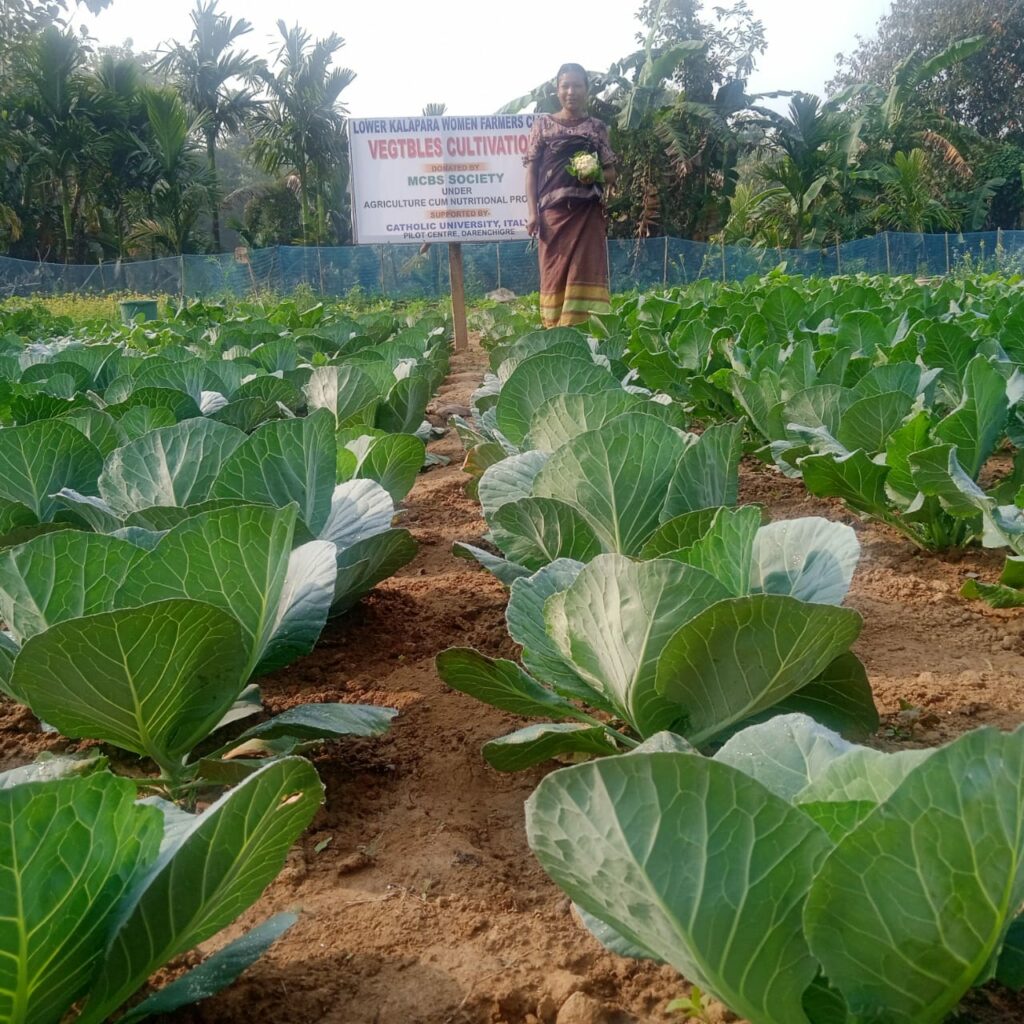
We are offering technical support to this group and promoting the growth of vegetables, such as cabbage, radish, kohlrabi, cauliflower, etc. This includes the provision of quality seeds and training on good management practices to ensure maximum yields.
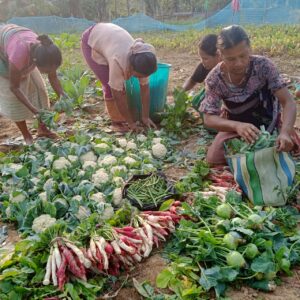
This group has become a success in the region and is now training other women farmers and encouraging them to form groups to improve their yields and eventually their income. Two years after this initiative, two more groups were formed.
Additionally, we are also carrying out anaemia treatment on women and children to investigate its impact on the nutritional status of the community.
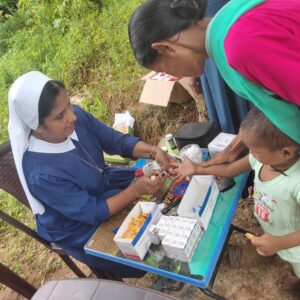
There is a high prevalence of iron-deficient anaemia in India, and the communities involved in this project are no different. For this research, we are using anthropometric measurements before and after the anaemia treatments by calculating the body mass index (BMI) of women and z-scores of children.
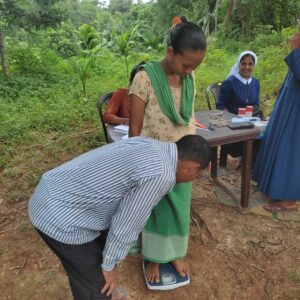
Preliminary results have shown a direct relationship between haemoglobin levels and the weight of the patients, which in turn has a positive impact on the nutritional status and general wellbeing of the treated women and children.
The results obtained from my PhD research will supplement the research into the improvement of food security and the reduction of malnutrition in developing countries. Through real-life implementation of these strategies, their impact will be accurately assessed, which will contribute to the replicability of the chosen strategies in rural areas of other countries.
For more information, please contact Juliet Ainomugisha at j.ainomugisha@reading.ac.uk, juliet.ainomugisha1@unicatt.it.

